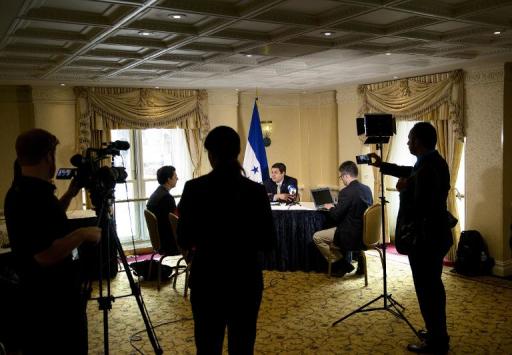Per ARS Technica: Not only were the database records of POM not encrypted, it simply did not matter. At least 14 million personnel files have been compromised and protecting social security numbers by encryption did not mater.
But even if the systems had been encrypted, it likely wouldn’t have mattered. Department of Homeland Security Assistant Secretary for Cybersecurity Dr. Andy Ozment testified that encryption would “not have helped in this case” because the attackers had gained valid user credentials to the systems that they attacked—likely through social engineering. And because of the lack of multifactor authentication on these systems, the attackers would have been able to use those credentials at will to access systems from within and potentially even from outside the network.
House Oversight Chairman Jason Chaffetz (R-Utah) told Archuleta and OPM Chief Information Officer Donna Seymour, “You failed utterly and totally.” He referred to OPM’s own inspector general reports and hammered Seymour in particular for the 11 major systems out of 47 that had not been properly certified as secure—which were not contractor systems but systems operated by OPM’s own IT department. “They were in your office, which is a horrible example to be setting,” Chaffetz told Seymour. In total, 65 percent of OPM’s data was stored on those uncertified systems.’
Even more chilling, a person or team just found a way to sign in as a root user.
Some of the contractors that have helped OPM with managing internal data have had security issues of their own—including potentially giving foreign governments direct access to data long before the recent reported breaches. A consultant who did some work with a company contracted by OPM to manage personnel records for a number of agencies told Ars that he found the Unix systems administrator for the project “was in Argentina and his co-worker was physically located in the [People’s Republic of China]. Both had direct access to every row of data in every database: they were root. Another team that worked with these databases had at its head two team members with PRC passports. I know that because I challenged them personally and revoked their privileges. From my perspective, OPM compromised this information more than three years ago and my take on the current breach is ‘so what’s new?'”
Given the scope and duration of the data breaches, it may be impossible for the US government to get a handle on the exact extent of the damage done just by the latest attack on OPM’s systems. If anything is clear, it is that the aging infrastructure of many civilian agencies in Washington magnify the problems the government faces in securing its networks, and OPM’s data breach may just be the biggest one that the government knows about to date.
Future consequences of lack of security of data systems is blackmail
Reuters: The same hackers breached several health insurance companies last summer and made off with the medical records of 11 million people, including members of Blue Cross/Blue Shield’s District of Columbia affiliate CareFirst.
Media pundits spent all week talking about how Deep Panda could compile all this information to craft a potential blackmail database on U.S. operatives for its patron, presumably China. But that’s ridiculous. Beijing is smarter than that.
Espionage is a long game, not a race, and countries are patient. Blackmail is a quick, brutal method of acquiring information in the short term.
It typically begins when foreign agents play on a target’s existing weakness — a penchant for gambling, for example, or deviant sexual behavior — enticing the target to indulge in it and then threatening exposure.
That’s a lot of work for a short-term gain. Blackmail targets are almost always found out, or turn on their blackmailers or end their lives. No, a better use for that database is as a reference to create the background for the perfect mole. Many additional details found here.
An additional security concern of real proporations is this cyber intrusion has affected Hill and Congressional staff.
In Part from the Hill: Officials had initially said the breach only encompassed 4.2 million federal employees, all within the executive branch. But the discovery of a second breach that compromised security clearance data has many expecting the breach to eventually expose up to 14 million people.
According to an email sent to House staff members shortly before midnight Tuesday and obtained by The Hill, many of them are at risk.
“It now appears likely that the service records of current House employees employed previously by ANY federal government entity (including the House, if an individual left the House and later returned to a House position) may have been compromised,” said the email said, sent by House Chief Administrative Officer Ed Cassidy.
When staffers leave Capitol Hill, or any federal agency, their retirement records are forwarded to the OPM.
“In addition, the background investigation files of individuals holding security clearances (whether currently active or not) may have been exposed,” the email added.
Senate staffers received a similar email from the Senate Sergeant at Arms several hours earlier on Tuesday, according to multiple reports.



